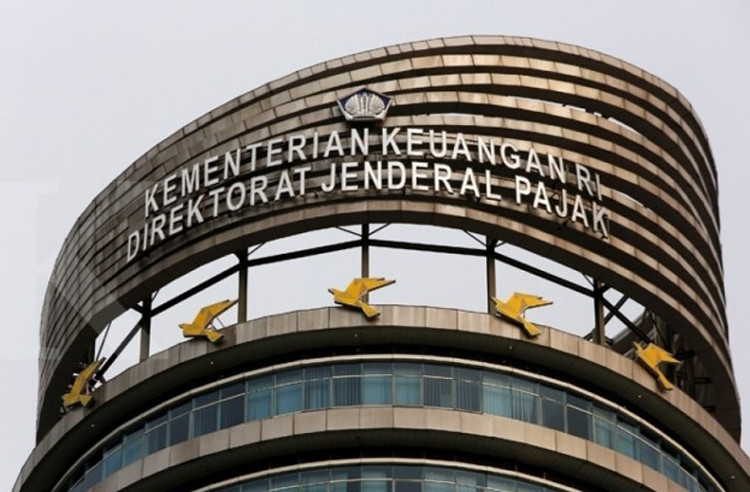Popular Reads
Top Results
Can't find what you're looking for?
View all search resultsPopular Reads
Top Results
Can't find what you're looking for?
View all search resultsBusiness facilitation, not tax
The government should be very careful in providing the other fiscal incentives if they are designed primarily to maintain tax system competitiveness in an increasingly globalized world, especially in the ASEAN region.
Change text size
Gift Premium Articles
to Anyone
A
limited Cabinet session on Wednesday again considered granting more tax holidays, tax credits, investment allowances, income tax reductions, double tax deductions, value added tax relief and new investment in selected priority industrial sectors to stimulate business.
Fiscal incentives such as double tax deductions for business spending on vocational training and research is greatly welcomed to reduce the wide deficit in skilled labor and generate more business innovation.
But the government should be very careful in providing the other fiscal incentives if they are designed primarily to maintain tax system competitiveness in an increasingly globalized world, especially in the ASEAN region.
The country’s tax ratio, less than 11 percent of gross domestic product, is among the lowest in the region and other middle-income countries, while the provision of such incentives will weaken the structure of tax revenue and create moral hazards. Most of the planned tax incentives would immediately cause tax losses and increase the cost of tax administration.
Around the world, financiers who are looking for investment destinations first look at the strength of economic fundamentals in the potential host country, including market size, business licensing bureaucracy, regulatory framework, basic skill level, availability of infrastructure, accessibility to resources, sociopolitical stability, law enforcement and investment policy.
Tax incentives are usually only a secondary factor because tax is paid out of profit. If, for example, investors want to tap into copper and gold resources, which are available only in a small number of countries including Indonesia, they will calculate the total cost of investment, including regulatory and infrastructure costs, and compare it across the countries where the resources are available. In this regard, whether a tax incentive is offered or not, if the total cost of investment in Indonesia is much lower than other countries, they will channel their investment to Indonesia.
The problem, though, is that Indonesia is still notorious for its arduous business licensing procedures. Tax incentives will be meaningless if investors are forced to pay unusually high costs for starting up a business because of the fundamental factors cited above as regulatory and bureaucratic barriers.
President Joko “Jokowi” Widodo loudly complained at the Cabinet meeting that he was utterly disappointed with the slow pace of reform in business licensing, notably in the investment and export sectors. Even though Indonesia’s rank in the World Bank’s Ease of Doing Business Index among 190 countries has risen, we are still among the lowest in the ASEAN region.
Jokowi’s bid to create an online single submission system for the dozens of business permits needed from the central government and regional administrations still faces poor coordination between government agencies.
National Development Planning Minister Bambang Brodjonegoro also admitted Wednesday that regulatory and bureaucratic barriers remain among the main disadvantages for investing in the country. The cost of processing import and export documents in Indonesia is more than double that in other major ASEAN economies.










